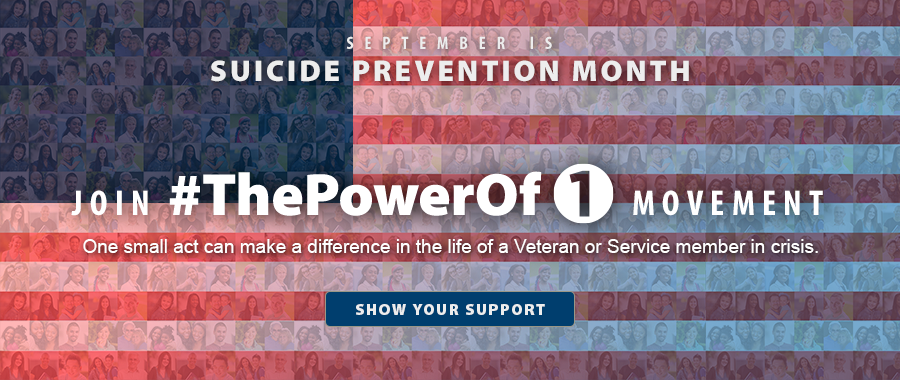“How queer everything is today!
And yesterday things went on just as usual.” ― Lewis Carroll, Alice in Wonderland
And yesterday things went on just as usual.” ― Lewis Carroll, Alice in Wonderland
ATOMIC VETS OFFSPRING STUDY(I know it is dated, but some interesting info non-the-less)January 24, 1995 | LISA RICHWINE | STATES NEWS SERVICE
WASHINGTON — Families of soldiers exposed to radiation believe it's no coincidence that they have suffered miscarriages or given birth to children with physical defects and mental problems. Now, the question of whether the disabilities of the children and grandchildren of "atomic veterans" are linked to their service is a question a federal science panel will study. The government effort, which began Monday, is the result of an 18-year campaign by an Orange County resident whose husband encountered radiation three times-at Nagasaki following the atomic bombing, at a Nevada nuclear test site and at Bikini atoll-during his military service. Marine Maj. Charles Broudy died in 1977 from cancer that the government concluded was caused by his exposure to radiation . Since then, his wife, Pat, a Dana Point resident, has prodded Washington to look not only at the veterans' problems but also the health ailments of their children and grandchildren. Broudy testified Monday at the first meeting of a National Academy of Sciences panel that is deciding if it is necessary and cost-effective to study radiation's effects on soldiers' offspring. Called "tiger lady" by fellow veterans' activists for her persistence, Broudy had asked Congress during 15 different hearings to study atomic veterans' children. She finally triumphed last year when legislation was passed setting up the science panel. "When you talk about the problems atomic veterans are experiencing, it leads to the problems their children and families are experiencing," Broudy said in an interview following her testimony. "It's just one thing after another. They're all related." Atomic veterans have experienced infertility while their spouses reported miscarriages and stillbirths, witnesses testified Monday. Others gave birth to children with physical defects, genetic diseases and mental disabilities. Broudy said her daughter and 8-year-old granddaughter both have weak immune systems. After trying several medications to treat recurring ailments, her granddaughter's doctor asked whether the family lived near a toxic waste dump, Broudy said. The extent of ailments attributable to a parent's radiation exposure is unknown because no government study has ever been completed. A questionnaire circulated by the National Assn. of Atomic Veterans solicited 638 respondents. Of those veterans, 20% were fathers of children with birth defects, 17% reported stillbirths, 5% recorded premature births and 4% said they were sterile, said Rudy Florentine, an atomic veteran from New Jersey. More than 400,000 soldiers were exposed to radiation during their service, said Oscar Rosen, national commander of the atomic veterans' group. No one knows how many are still alive, and their small numbers compared to Persian Gulf veterans and other groups have made progress in Washington slow, he said. "We've been very disappointed all these years that Congress has not taken up the study on children," Rosen said. "It's long overdue." The 13-member government panel, comprised of experts in genetics, radiology and other areas, will examine that anecdotal evidence, available scientific data and witnesses' testimony. It will decide by the end of June whether to order a study of the rate of certain ailments in atomic veterans' offspring, said committee co-chairman Fred Mettler Jr., chairman of the University of New Mexico School of Medicine. The panel will have difficulty deciding which ailments to study as radiation-related, Mettler said, because atomic veterans have reported a wide range of diseases. Broudy, who persuaded Congress to compensate atomic veterans who suffer from service-related ailments, said she hopes the government produces an "honest" study that will lead to health care of atomic veterans' children. That will give peace of mind to their ailing parents, who now worry about who will care for them when they pass away. Monday's hearing gave Broudy comfort that her struggle has accomplished something that could benefit future generations. "Things are being brought out that have never been brought out before," she said. "There's a window of opportunity for us now . . . even though we're so old and sick and tired." |
Random Sampling of
|

